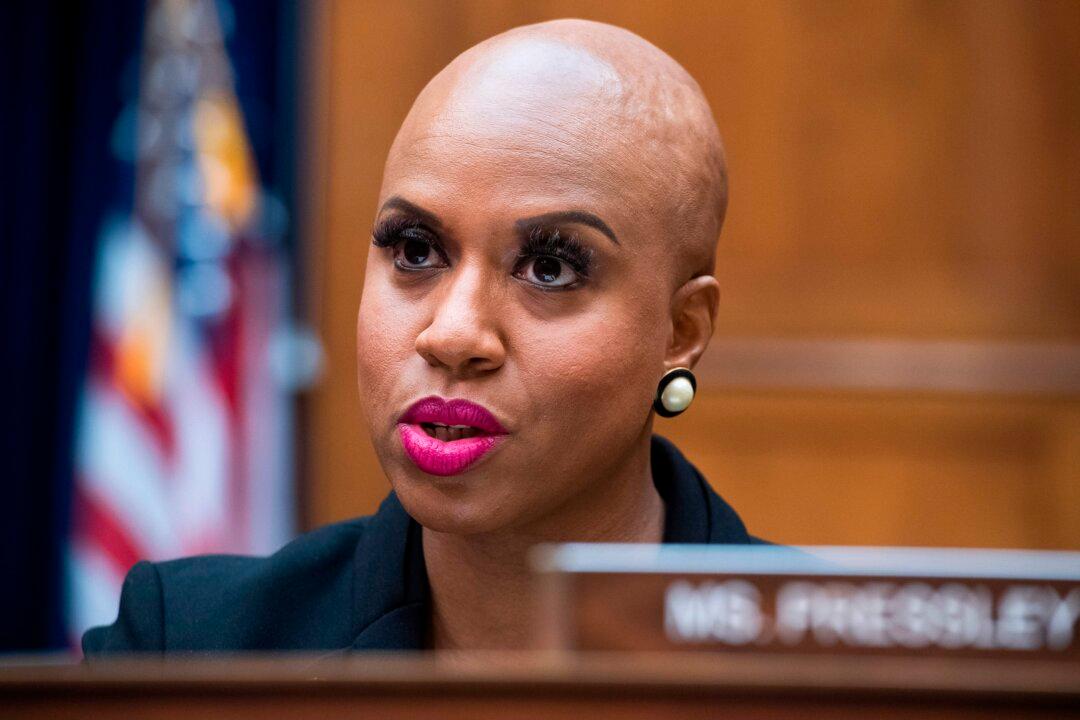The House of Representatives on March 3 voted down a proposal to lower the federal voting age.
Rep. Ayanna Pressley’s (D-Mass.) amendment to H.R. 1 would have lowered the minimum voting age to 16 from 18.


The House of Representatives on March 3 voted down a proposal to lower the federal voting age.
Rep. Ayanna Pressley’s (D-Mass.) amendment to H.R. 1 would have lowered the minimum voting age to 16 from 18.